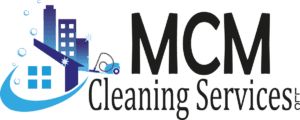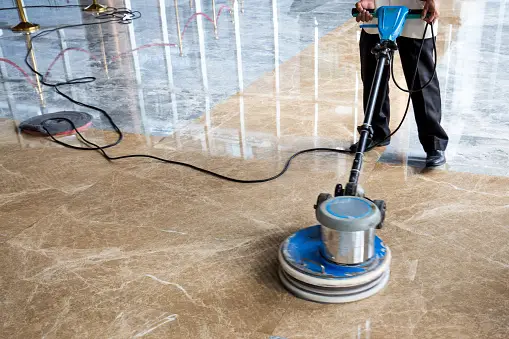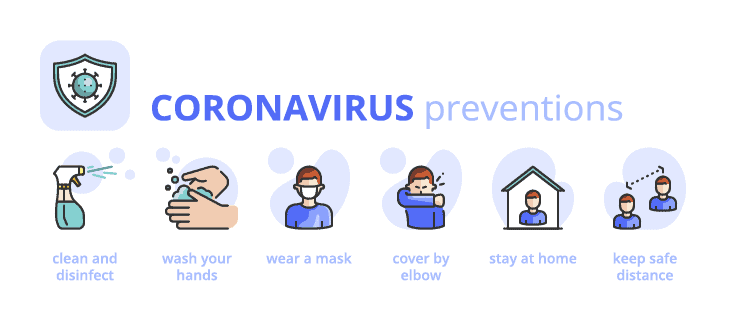
Residential and Commercial Cleaning: Tips for Maintaining a Healthy Indoor Environment
Date Posted:
March 7, 2024
Introduction
Maintaining a clean indoor environment is crucial for both residential and commercial spaces. Not only does it enhance the aesthetic appeal, but it also plays a significant role in promoting good health and well-being. In this article, we’ll explore effective tips for cleaning both residential and commercial areas to ensure a healthy indoor environment for occupants.
Understanding Indoor Pollutants
Indoor pollutants such as dust, pet dander, mold, and chemical residues can accumulate over time, posing serious health risks. These pollutants can trigger allergies, asthma, respiratory infections, and other health issues, especially in individuals with compromised immune systems.
Residential Cleaning Tips
Regular Vacuuming and Dusting
Frequent vacuuming and dusting are essential to remove dust, pet hair, and other allergens from carpets, rugs, and furniture. Use a vacuum cleaner with a HEPA filter to trap small particles and prevent them from circulating back into the air.
Proper Ventilation
Proper ventilation is crucial for maintaining good indoor air quality. Open windows and use exhaust fans to allow fresh air to circulate and remove indoor pollutants. Consider installing air purifiers to further improve air quality.
Using Eco-friendly Cleaning Products
Opt for eco-friendly cleaning products that are free from harsh chemicals and toxins. Natural ingredients such as vinegar, baking soda, and lemon juice can effectively clean and disinfect surfaces without harming the environment or endangering human health.
Commercial Cleaning Tips
Hiring Professional Cleaning Services
For large commercial spaces, hiring professional cleaning services is often the most efficient option. Professional cleaners have the expertise, equipment, and resources to tackle tough cleaning tasks and ensure a clean and hygienic environment for employees and customers.
Implementing Cleaning Schedules
Develop a cleaning schedule that includes daily, weekly, and monthly tasks to ensure all areas are regularly cleaned and maintained. Assign specific cleaning duties to employees or janitorial staff and provide training on proper cleaning techniques and safety protocols.
Using Specialized Equipment for Large Spaces
In commercial settings such as offices, hospitals, and schools, specialized cleaning equipment such as floor scrubbers, steam cleaners, and pressure washers may be necessary to effectively clean large areas. Invest in high-quality equipment and ensure it is properly maintained for optimal performance.
Importance of Indoor Air Quality
Poor indoor air quality can have a significant impact on health and productivity. Indoor air pollutants can exacerbate respiratory conditions, cause fatigue and headaches, and reduce cognitive function. Improving indoor air quality is essential for creating a safe and healthy environment for occupants.
Green Cleaning Practices
Benefits of Green Cleaning Products
Green cleaning products are environmentally friendly and safer for human health compared to traditional cleaning chemicals. They contain natural ingredients that are biodegradable and non-toxic, reducing the risk of harmful exposure for both cleaning personnel and building occupants.
DIY Green Cleaning Solutions
You can create your own green cleaning solutions using simple ingredients such as vinegar, baking soda, and essential oils. These natural ingredients are effective at removing dirt, grime, and stains without the need for harsh chemicals. DIY green cleaning solutions are cost-effective and easy to make at home.
Maintaining Cleanliness in High-Traffic Areas
Strategies for Maintaining Cleanliness
High-traffic areas such as lobbies, hallways, and restrooms require extra attention to maintain cleanliness. Implement strategies such as regular spot cleaning, frequent floor mopping, and disinfecting commonly touched surfaces to prevent the spread of germs and bacteria.
Importance of Regular Maintenance
Regular maintenance is key to preserving the cleanliness and appearance of indoor spaces. Establishing a routine cleaning schedule and conducting periodic inspections can help identify and address cleaning issues before they escalate. By staying proactive, you can ensure a consistently clean and inviting environment for occupants.
Proper Waste Management
Importance of Proper Waste Disposal
Proper waste disposal is essential for maintaining cleanliness and preventing environmental contamination. Dispose of waste materials such as trash, recyclables, and hazardous materials according to local regulations and guidelines. Implement recycling programs to reduce waste and minimize environmental impact.
Implementing Recycling Practices
Encourage recycling among employees, tenants, and building occupants by providing designated recycling bins and educating them on the importance of recycling. Implementing recycling practices not only reduces waste but also conserves natural resources and helps protect the environment for future generations.
Importance of Professional Cleaning Services
Benefits of Hiring Professional Cleaners
Professional cleaning services offer numerous benefits, including expertise, efficiency, and convenience. They have the knowledge and experience to tackle even the toughest cleaning tasks and use advanced equipment and techniques to achieve superior results. Hiring professional cleaners saves time and ensures a clean and hygienic environment for all.
Finding Reliable Cleaning Services
When choosing a professional cleaning service, it’s essential to do your research and find a reputable and reliable provider. Consider factors such as experience, reputation, and customer reviews when selecting a cleaning company. Request quotes and compare services to find the best fit for your needs and budget.
Conclusion
Maintaining a healthy indoor environment requires diligence, dedication, and the right cleaning strategies. By following the tips outlined in this article, you can ensure that both residential and commercial spaces remain clean, safe, and conducive to health and well-being.
To get started, request a quote here.







